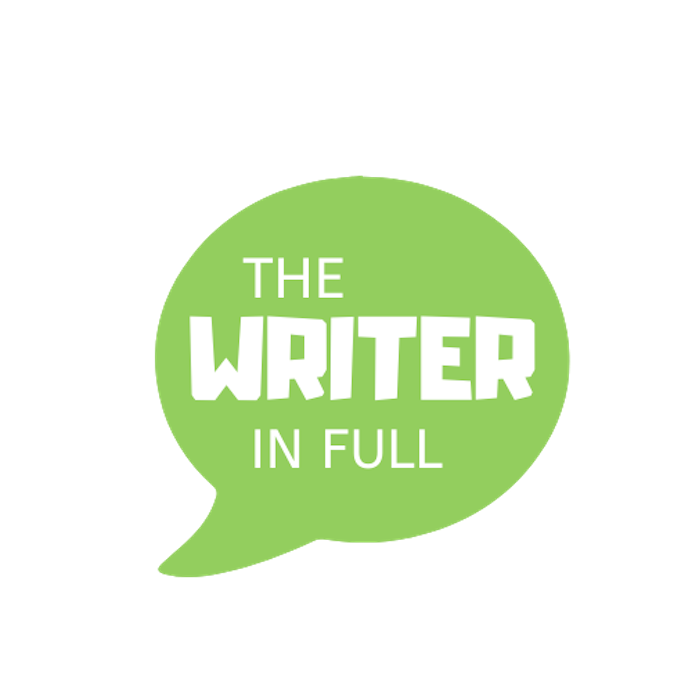One Magic Question to Redefine Writing Success
About five years ago, out of a desire to clarify a few longer-term writing goals, I hired a creative career coach to take me through a few visioning sessions.
As we sat together on the floor of my office one sunny Tuesday, sketching out a visual map of my deepest writerly desires, I earnestly announced that I believed I had something important to teach other people, and that I felt I could best achieve this through the written word.
She listened carefully, and then she posed to me what I have come to think of as the Magic Question. At the time, though, it felt less magical and more like an upper cut straight to the guts: “Why does it matter if other people read your work?”
I felt defensive, slightly annoyed, even. What manner of New Age Zen riddle was this? Of course people needed to read my writing! Wasn’t being widely read the whole point of writing anything at all?
I knew what I thought she was getting at on a philosophical level—that the act of writing itself has value for the writer, regardless of the fate of what gets written—but I was having none of it.
“This is a hell of a lot of work, and if nobody is ever going to read the things I write, I don't want to bother,” I told her grandly. “I'll do something easier and less exhausting with my time."
She accepted my answer, and we continued on with our session. But I have to say: her question has stuck with me. It’s like a trick candle on a birthday cake. You blow and you blow and you blow, and that fucker just relights itself ad infinitum until somebody either spits on it or the wax drips down to a frosted, hissing nub.
Through the ensuing seasons of my life and writing career, I’ve come up with many different answers to the Magic Question, and I’ve also started to tease out the even trickier questions it conceals:
How do we know we are being successful as writers?
How do we know we are failing as writers?
Is a substantial audience for our work the truest measure of success? Are there other measures that also matter?
As we attempt to gauge our progress, is it ever wise to focus on one particular metric of success (in this case, exposure) at the exclusion of all others?
Sometimes, when I can’t sleep, I’ll turn over the sad premise the Magic Question hints at: what if I never achieve significant success as a writer? What if I continue to struggle to generate income from my personal essays and my writing about writing, which are the thing I’m most passionate about? What if I never publish an important book or score a major byline? What if I only ever really succeed financially as a journalist/copywriter/editor, and not as a essayist or a writer who writes about writing, and that’s just how it is for me? Will others see me as a failure? Will I see me as a failure?
And you know what's funny? The more time that passes, and the more effort I put in to building my writing career, the less I believe I’d care much at all.
One school of artistic thought holds that if you deeply move just one human to emotion or action with your work, then you should feel satisfied with your achievements.
The other school of thought is less precious and more reasoned, and insists that art exists to be seen and known and interacted with, and therefore holds that you aren’t a success unless your creations are consumed widely and you profit financially from them.
I get both takes. I'm certainly not thrilled by the premise of my personal writing being relegated to obscurity. In a sense, I stand by my first answer. This is a hell of a lot of work for paltry sums, and to die as an also-ran would suck. No way around that.
But. I also recognize now that it's not obscurity that most terrifies me, because it's not notoriety that most motivates me. Instead, it’s what failing as a writer might signal on a higher level that truly bothers me: that I might have failed miserably in my efforts to connect with other humans. Because I was too pompous or too trite or too self-important or too lazy or too inept.
I meant what I said that day in my office, even if it’s a wee-bit self-important: I long to connect with others, to make a contribution to posterity. But you know what? Writing is just one way of connecting, and if I do not succeed at using this medium to connect, I might well find another, even better way. And so might you.
What I’m getting at is this: when we subscribe to stock notions of what writing success means, we risk misidentifying our deeper motives for doing this at all, and those motives do matter. You bet your ass they will keep you up at night. They will also propel you forward through the endless choppy waters of your writing life. They will draw you back to your hard, hard work after the thousandth rejection comes in. They will keep you honest and eager and humble. They will help you be a better writer, and a better human, too.
Those motives might also someday nudge you to seek your bliss elsewhere. Your passions could well shift away from writing and toward other things: painting murals, raising babies, playing the stock market, razor clamming, book restoration. Chinese medicine, mathematics, spelunking, semantics, politics, religion, interpretive dance. You might get busy. You might get tired. You might get disillusioned. You might be lured away from your writing desk by any number of beautiful, compelling, or financially lucrative pursuits and never quite find your way back.
For now, though, you are in it, fully. You are hungry and scrappy and inspired as hell. Keep being those things, but also keep asking yourself, at interval, the Magic Question: Why does it matter if anybody besides me ever reads this?
Track the answers that materialize. If they change over time, celebrate those shifts, however they trend and bend. They are an unmistakable indicator of your spiritual progress as a writer, and as a human being, too.
Study them carefully.






